‘My contraceptive pill nearly killed me’: Woman’s warning after suffering stroke
Holly McComish says she wants women ‘to feel more in control when they’re going on contraception’
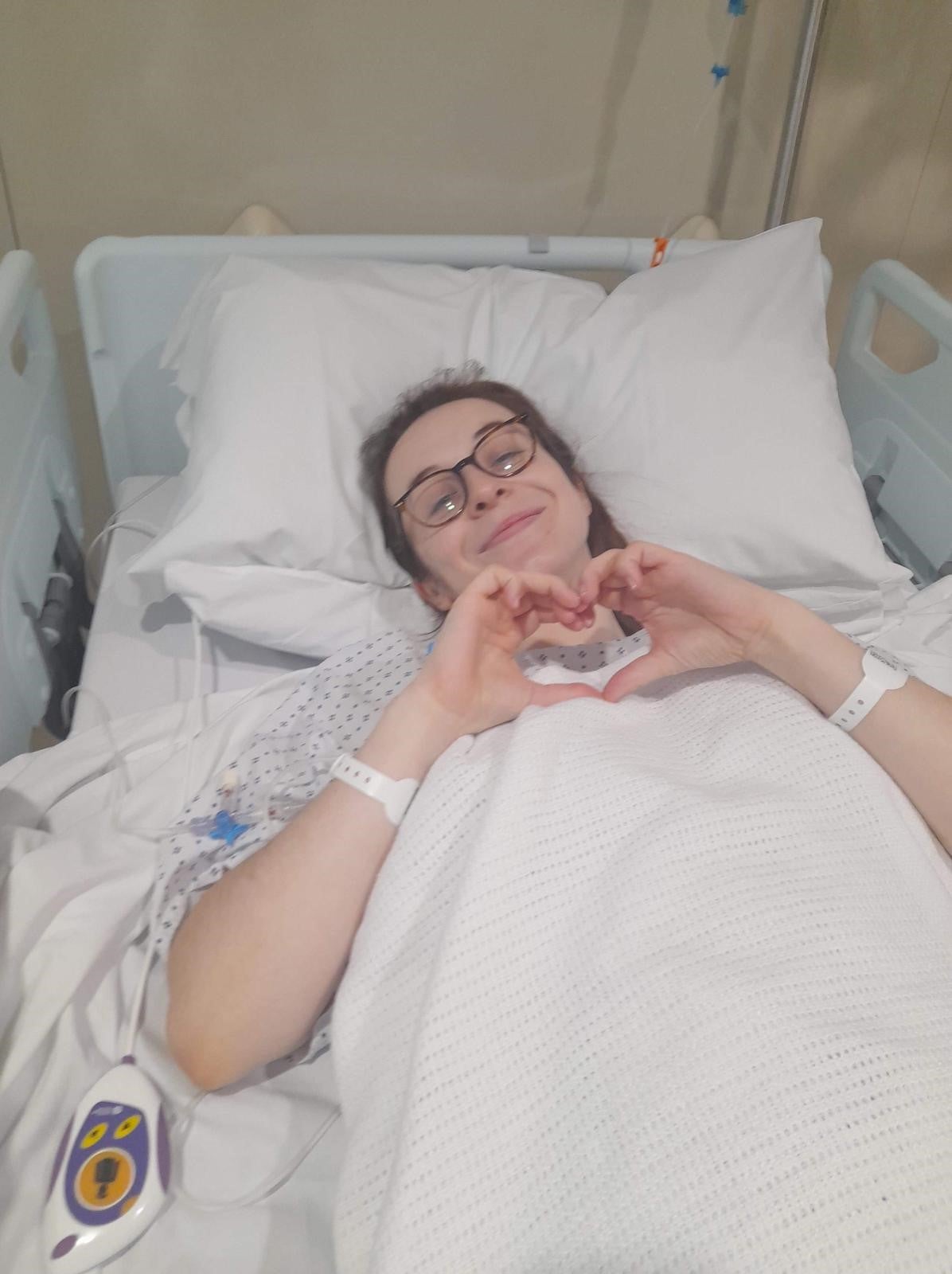
Your support helps us to tell the story
From reproductive rights to climate change to Big Tech, The Independent is on the ground when the story is developing. Whether it's investigating the financials of Elon Musk's pro-Trump PAC or producing our latest documentary, 'The A Word', which shines a light on the American women fighting for reproductive rights, we know how important it is to parse out the facts from the messaging.
At such a critical moment in US history, we need reporters on the ground. Your donation allows us to keep sending journalists to speak to both sides of the story.
The Independent is trusted by Americans across the entire political spectrum. And unlike many other quality news outlets, we choose not to lock Americans out of our reporting and analysis with paywalls. We believe quality journalism should be available to everyone, paid for by those who can afford it.
Your support makes all the difference.Holly McComish was just 25 years old when she had a stroke that almost killed her.
Doctors at the hospital told her to immediately stop taking the contraceptive pill she had been prescribed two months earlier.
Having been prescribed the pill over the phone and not even been given a pamphlet laying out the risks and side effects associated with taking it, Ms McComish said she was unaware of the pill’s more serious potential effects.
This form of contraception carries a small risk of blood clots, and a stroke is essentially caused by a blood clot that has travelled to the brain.
The now 26-year-old said she also did not have any basic health checks before being put on Microgynon 30 in August 2021.
After having had the stroke, she found out she has patent foramen ovale (PFO), which is a hole in the heart that should close shortly after being born but does not in 25 per cent of people. She said she should have been able to find out she had this condition before going on the pill.
“I thought, ‘Gosh, why is contraception just being given out so frivolously?’,” she said. “Why are we so unaware of these risks?” She caveated, “I’m not telling this story to scare people - but I do want to raise awareness. If this is happening, it’s not good enough. Everyone deserves to feel safe.”
The NHS website lists a number of minor side effects associated with the combined pill and also states, “There's a very low risk of serious side effects, such as blood clots and cervical cancer.”
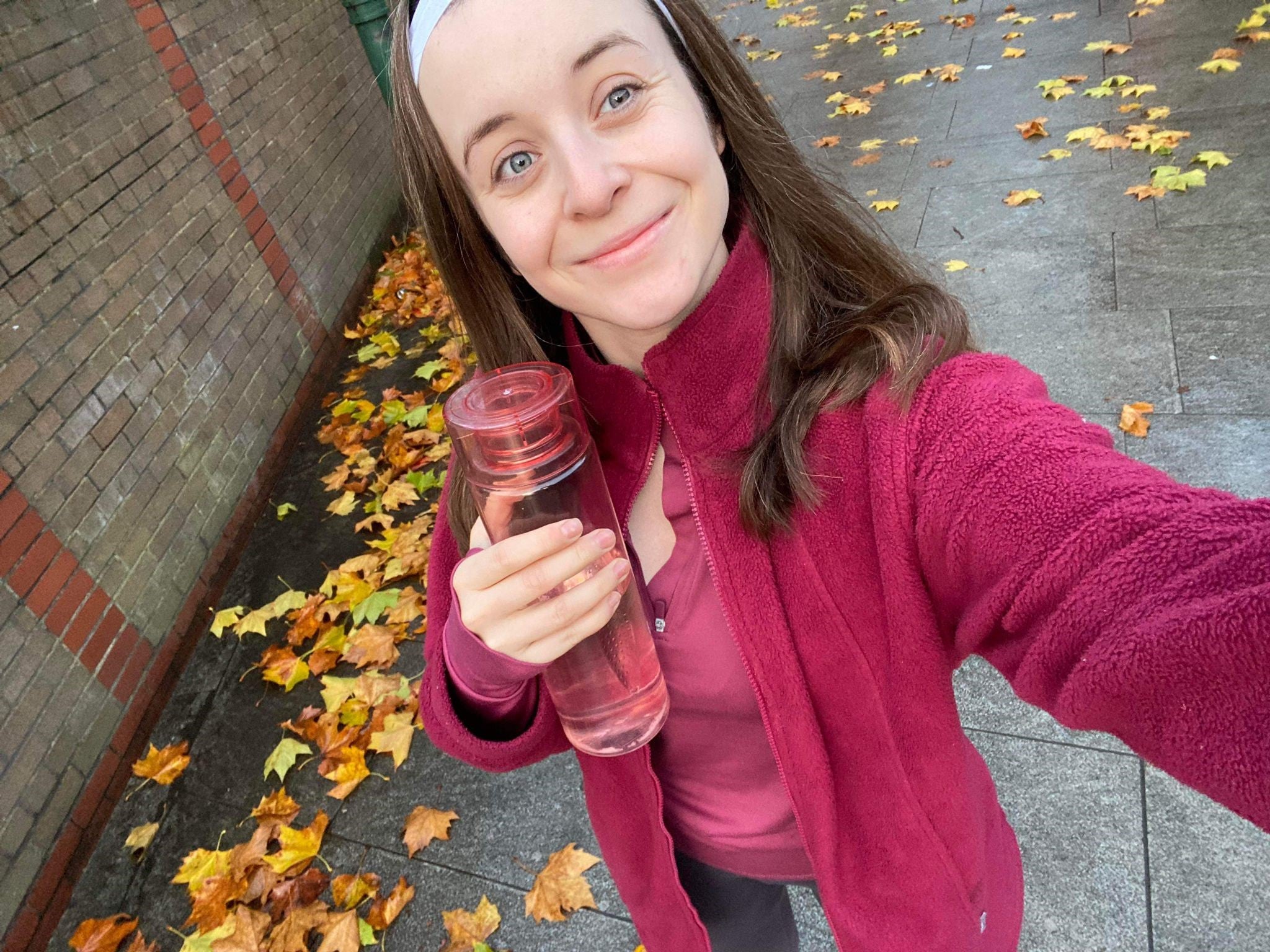
The Londoner said she started to feel dizzy and was getting sharp head pains during the first couple of months on the pill. “I thought it’s probably nothing to worry about and this is just my body adjusting,” she said.
Ms McComish, who works in theatre, said it was around the time of Halloween in 2021 when she had the stroke while in a business meeting.
“I just remember starting to feel really, really odd,” she said. Her vision went blurred and she could hardly hear. “I couldn’t get my words out in the meeting. It was almost like being paralysed - I couldn’t move my body.”
She said she and others in the meeting noticed something was wrong when she took a sip of water and the liquid fell out of her mouth. Then a colleague noticed half of her face had dropped to one side.
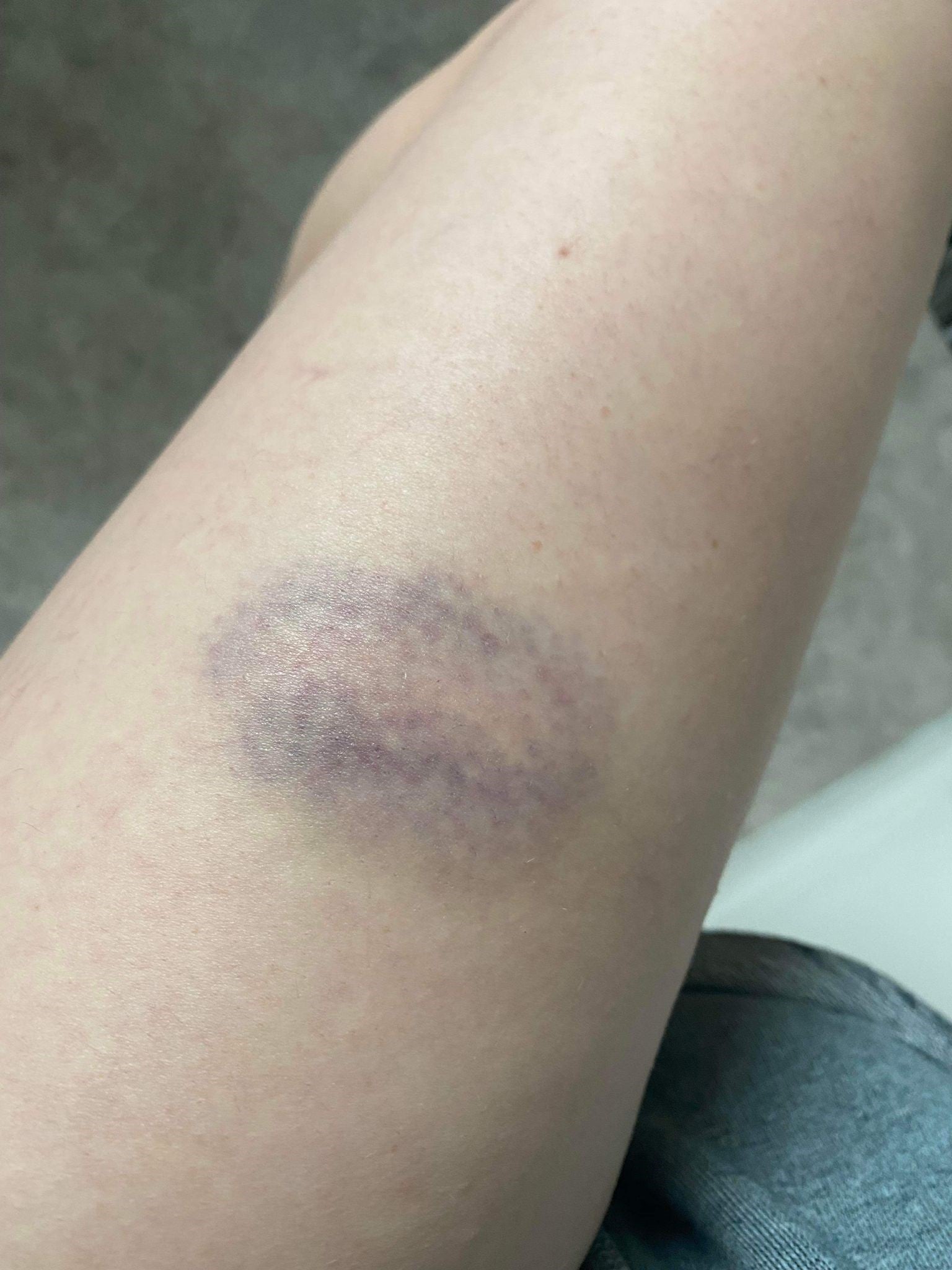
An ambulance was called and Ms McComish was put on the floor, her body “jolty”. She said, “I was thinking, ‘What’s going on?’ I was having inner thoughts but just couldn’t communicate.”
She was later told the episode lasted for 15 minutes, during which time she remembered thinking, “Is this it? Is this one of those freak accidents where I’m just going to pass away?”
Ms McComish was taken by ambulance to a private room at University College Hospital straight away. She said this was when she “knew it must be serious” because there are currently notoriously long waiting times at A&E.

She was told she was going to be sent to a stroke clinic the following day. “I just remember thinking, ‘How is this my story? This can’t be my life.’ I don’t know of any other 25-year-olds who have had a stroke. I’d never even been in hospital up to that point.”
In the aftermath, she said she felt “so shocked, so scared, really anxious” and fearful something similar would happen again, which prevented her from leaving the house much for a while. “It took over my life for quite a long time,” she said. “Having to be told really bad news is a real shock to the system. It’s been awful, really hard.”
Ms McComish opted to have heart surgery to reduce the likelihood of this happening to her again.
“Only after having this could I move on, “ she said. “My medical anxieties calmed down, I felt more normal, and I returned to being a normal twenty-something-year-old girl.”
She was also put on blood thinners in the year after the stroke, which led to “terrible” bruising, she said.
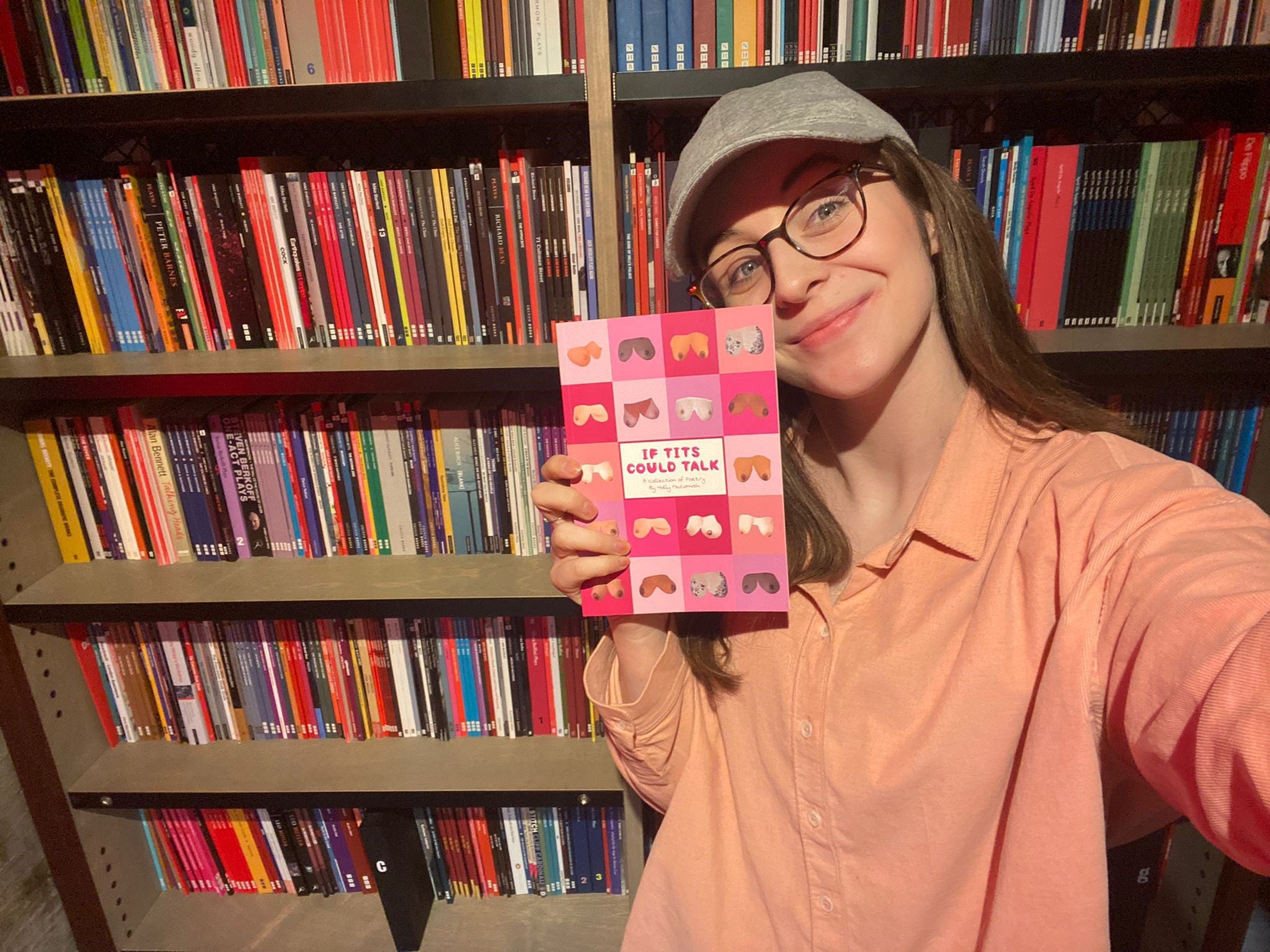
During the period when she spent much of her time at home, she also discovered a passion for writing poetry, saying this helped her to process everything. She ended up producing a poetry collection, If Tits Could Talk, which was inspired by what had happened to her.
Primarily via her poetry, she has been attempting to raise awareness about the risks that can come with the pill. She said it will continue to be suited to many, but that women deserve to be equipped with all of the information to be able to make an informed choice about taking it.
“I want girls to feel more in control when they’re going on contraception,” she said. “We should not be risking our lives to be able to have safe sex.”


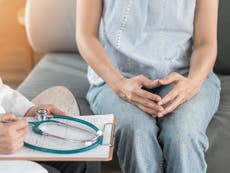
Join our commenting forum
Join thought-provoking conversations, follow other Independent readers and see their replies
Comments